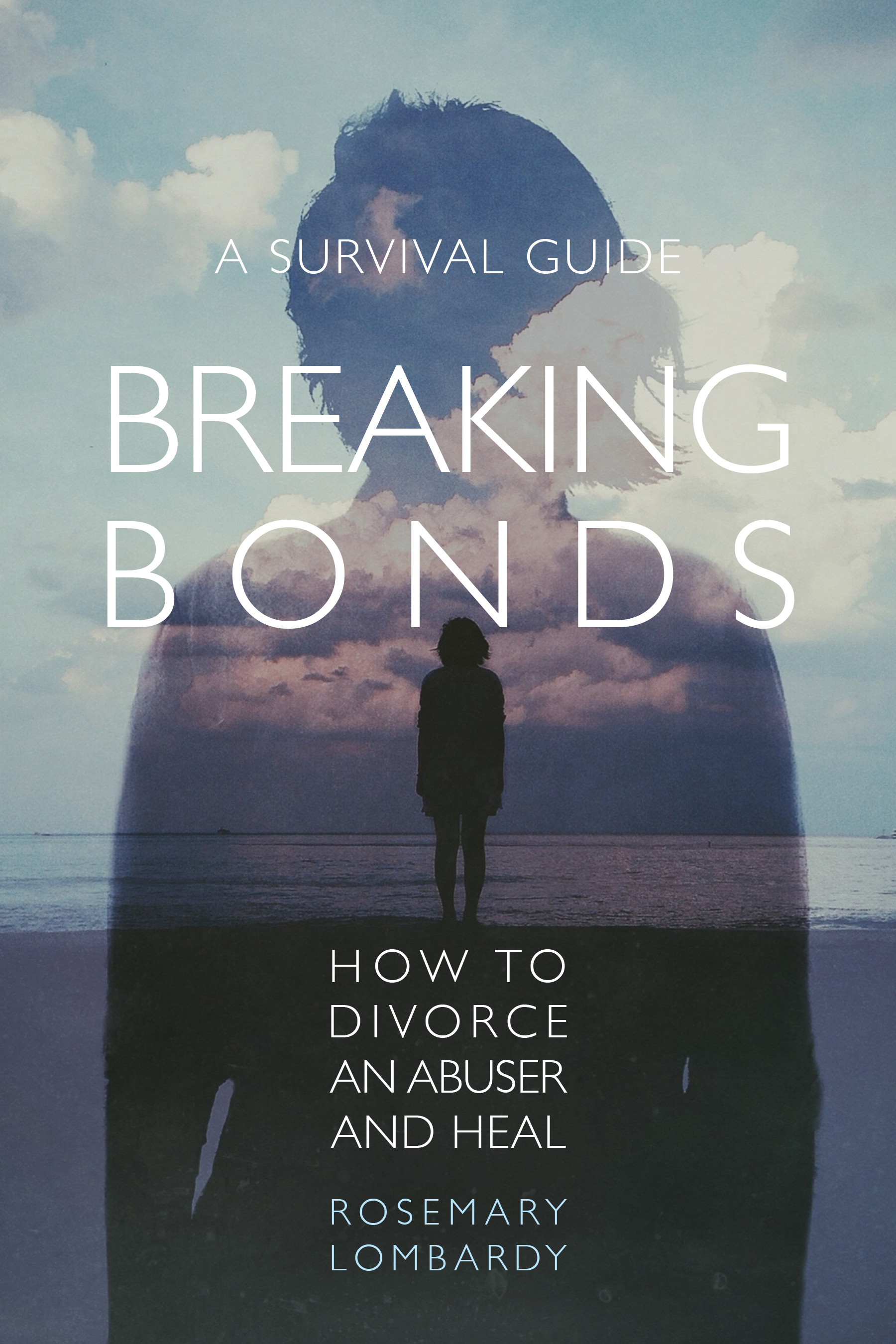Know Your Finances: A Personal Statement
You will need to have a personal financial statement, or balance sheet of all of your known assets and liabilities, for all of your divorce professionals.
So we’ve created an interactive personal financial statement worksheet, to help you collect all of your assets, consolidate any debt, and gain a strong sense of your financial standing. Knowing where you stand financially will strengthen your position in the divorce by clearly outlining what you are entitled to receive.
If you do not have a financial statement, do your best to make a list of what you own and what you owe. Our interactive form will help you to remember to include all of the assets, so you don’t inadvertently leave something out.
Indicate whether assets are in your name, your spouse’s name, or jointly held. Please mark assets that were gifts or inheritances, as they may or may not be included in the division of assets, depending on the state where you reside. Make copies of bank and other financial statements, deeds, paystubs, recent tax returns, and estate documents before alerting your husband that you plan to file for divorce.
Store this evidence somewhere safe outside the home. Abusers frequently remove or destroy records once they become aware of the divorce.
Provide this information to your lawyer. Once you decide that the lawyer is the right choice for you, give him or her this information. If you have a prenuptial or postnuptial agreement, bring a copy of it as well.
Give this to your financial advisor. You will also need to give the balance sheet as well as copies of bank and other financial statements to your financial advisor, so that he or she can assist you in determining which assets to ask for in the settlement as well as whether or not you will be able to afford to keep the home. It will be important to provide that person with the cost basis of marital assets that are not in retirement accounts, as this will have an impact on whether or not the division of assets is fair to you.
Provide it to your accountant, as well. Be sure to give a copy of this information to your accountant. All of these professionals may offer you differing opinions as to the division of assets. Different perspectives can be helpful. Don’t keep the house if you can’t afford it. Be realistic about what you are entitled to receive in the divorce so that you don’t waste time and run up costs unnecessarily. You will need to make the final decision as to which assets you should ask for in the settlement, as you will have to live with the outcome for a very long time.
Find out what you are entitled to receive and then fight to get it.
Rosemary Lombardy is a financial advisor with over 35 years of experience, and the founder of Breaking Bonds, a comprehensive resource platform for abused women. Although her professional expertise is in financial matters, her perspective on marital abuse, divorce, and recovery is deeply heartfelt and holistic. She draws on decades of personal experience, as well as the experiences of others, to help inform abused spouses so that they will become empowered to leave their abusers and begin to heal.
Rosemary Lombardy's new book, Breaking Bonds: How to Divorce an Abuser and Heal - A Survival Guide is available on Amazon, Barnes & Noble, and anywhere that sells books.
For updates and features, connect with Rosemary Lombardy on Facebook, Twitter, and LinkedIn.


